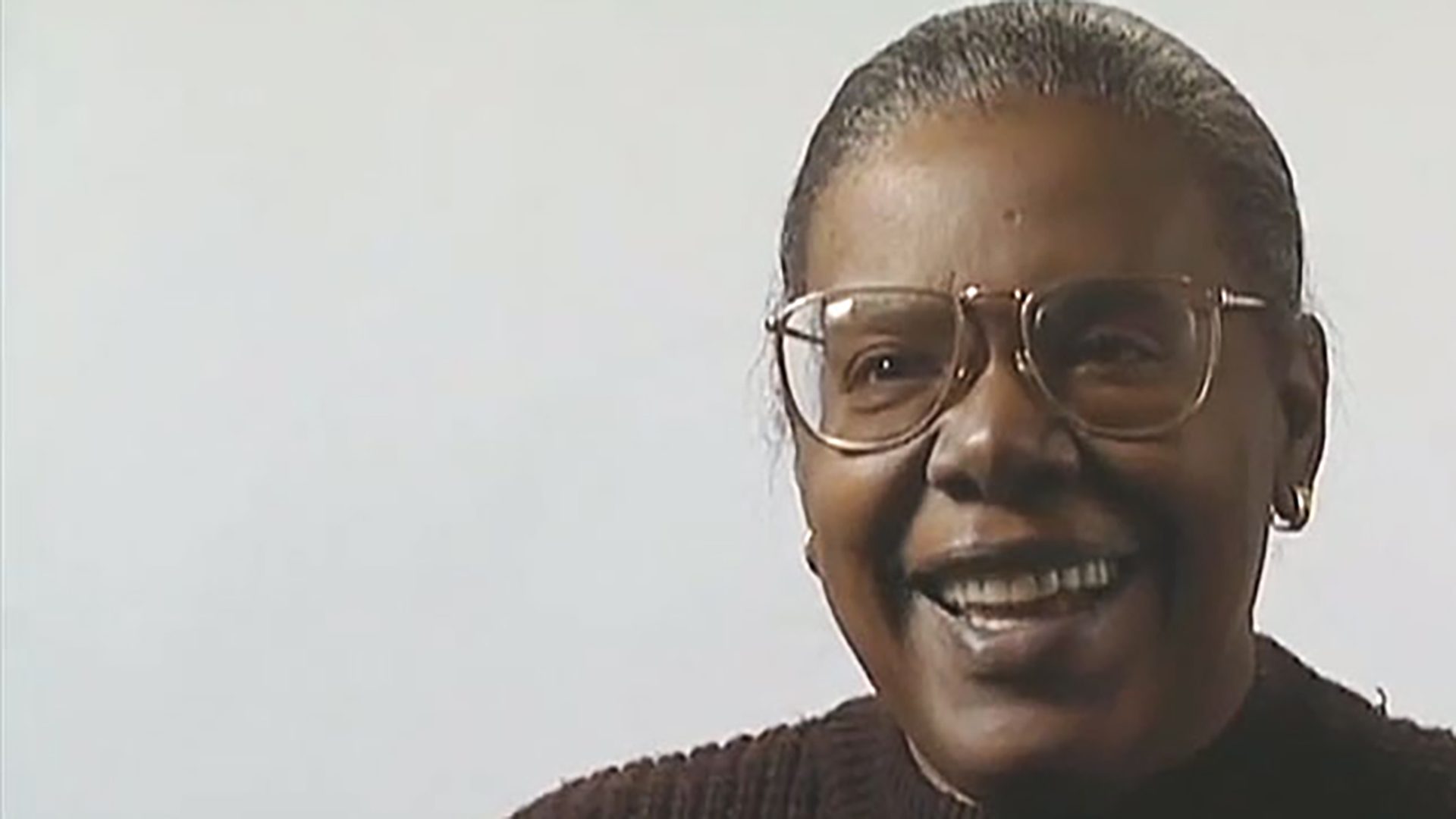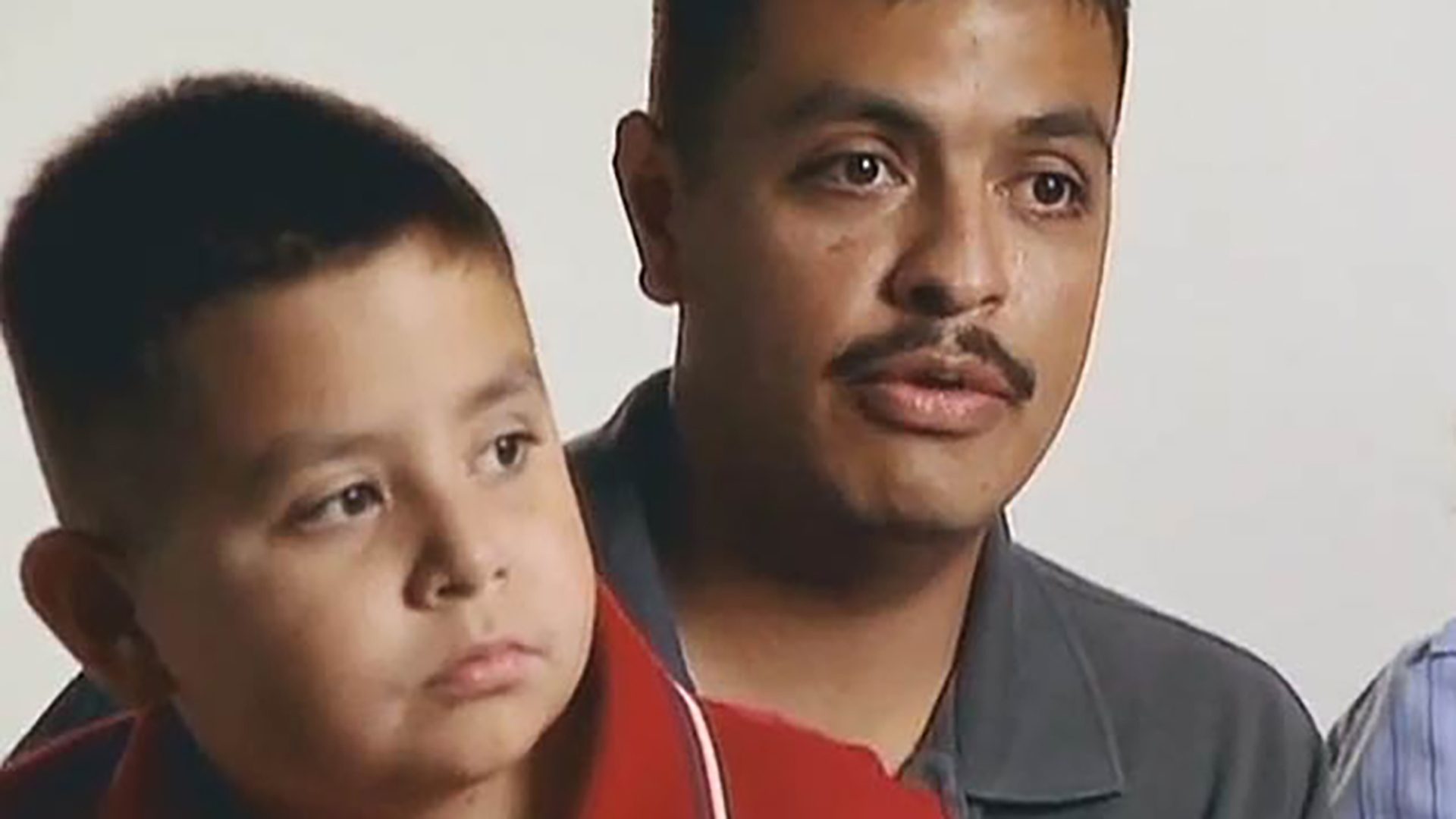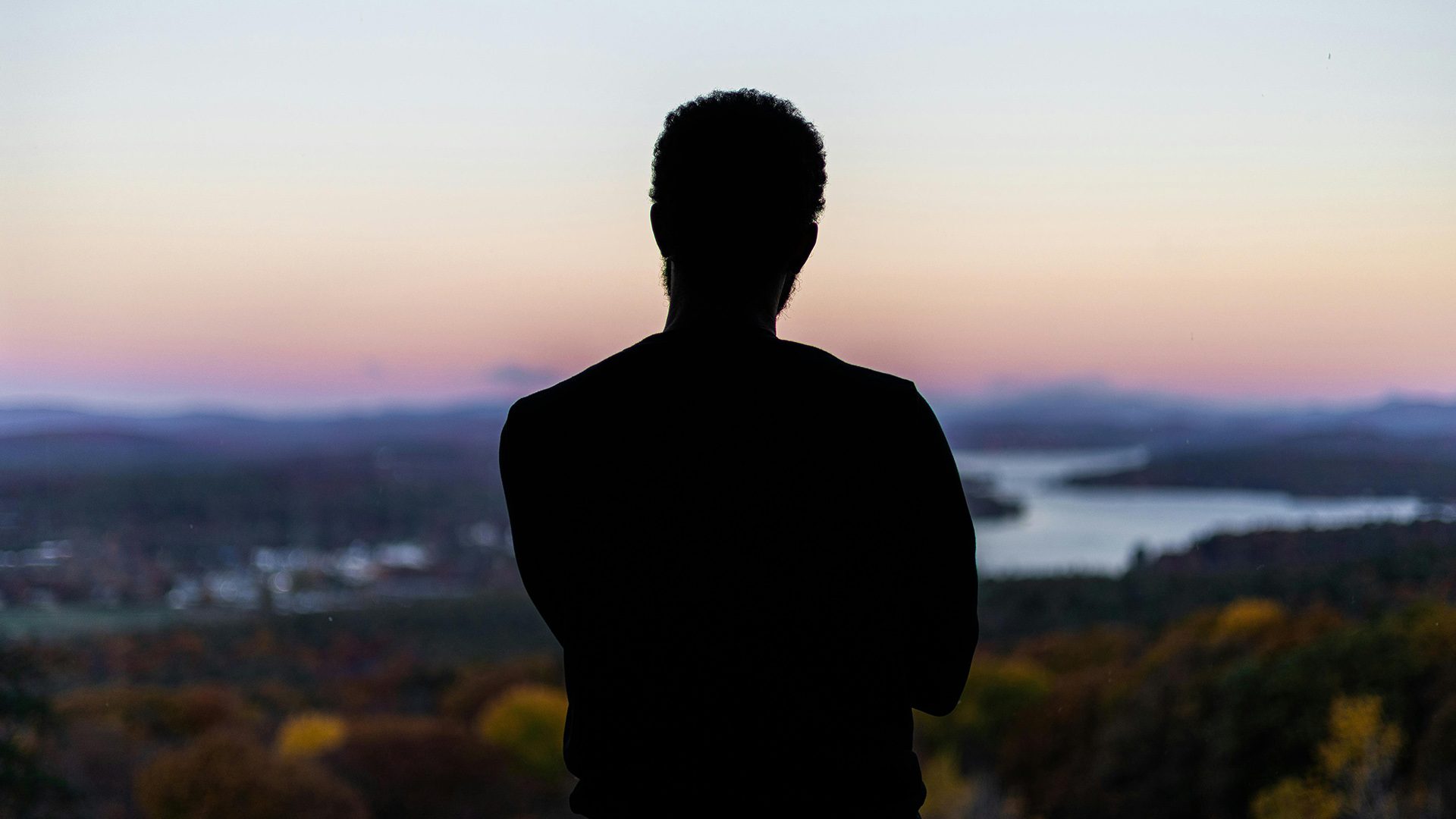Survivor Interview – Alecia H.
Alecia is a non-Hodgkins lymphoma survivor. She talks about aftereffects of radiation, meeting other survivors, hope and survivor guilt.

I became a cancer survivor on January 21, 1979. I was first diagnosed on that day with non-Hodgkin’s lymphoma of the stomach.
I continued to work and just went back and forth for my treatments, and I never gave up hope. I think it was my job that really gave me the strength. I work with children ages 7 to 16, who are living in public housing and drug-infested homes, and they gave me the strength to keep on going, because they cared so much. They would say, “Miss Alecia, what’s the matter? You don’t feel good?” They took care of me, like I was the baby hen and they were the mother.
After cancer, I went through a hysterectomy. After a hysterectomy, I went through a heart attack. I just kept going. You look back and you say, “God, why am I fighting so hard?” But now I know my reason why is because now I have to take care of my grandmother. She’s 92 years old with Alzheimer’s. That’s why God gave me the strength to keep on going, because he knew somebody had to take care of her. If you pinpoint something in your life to say, “Oh, I’ve got to get well, I can’t give up,” and you focus on that factor, you will survive. You will.
Going through the chemo, it made me sick. Couple of days, I was right back on my feet to the next time. Get sick a couple a more days and keep right on going. The radiation, different story. Every day you have to take radiation. I took it for six weeks, five days a week. That really makes you tired. It changes your whole metabolism in your body. But you just keep on going. You eat the right foods and you just keep your spirits up. During chemo, you should eat a lot of green vegetables, a lot of green vegetables. They tell you to eat fruit, but I really wasn’t a fruit eater. I would supplement it with fruit juices: orange juice, apple juice, peach juice, and it really kept me going. Drink plenty of water.
As far as being affected by [chemo and radiation], it was maybe a year. It gave me skin discoloration. I did have a lot of fatigue. The radiation had to really be pushed out of my system. That’s where the water comes in. You drink plenty of fluids and push it out. I do a lot of walking, so that’s the way I got my exercise. That helped me to get through it. I’m not an exercise buff, riding bikes, jumping rope, but I would take long walks with the kids, take them to the park and on different outings. That’s the way we got our exercise in. They helped me a whole lot.
I really can’t attribute this to the cancer either, but I did get depressed. That was because my mother died of cancer, and she was a survivor. She fought hard, because she was diagnosed long after I was. She fought and fought until she couldn’t fight anymore. I think that’s the only time I really got depressed, because I said, “Why did the cancer take her and not me?” But then I realized that it wasn’t my time. It really wasn’t my time.
I have this fear that it will come back. I worry about it and then I just let it go over my head, because if it does comes back, one thing I can say: I lived a good life. I did. I lived a good life, and I put up a good fight. A very good fight.
When I first went back for follow-up treatment, I was going to my doctor every three months for the first three years. Then we broke it down to every six months. Then I progressed so far, I only see him once a year now. The only thing I take is a blood test and a gastrointestinal, and that’s it. I’m fine, because I know I’m doing good. I know my body, and I know that this cancer is contained into the stomach area. I have no problems with my stomach whatsoever. I know the signs when something is wrong. When I feel that, “Oh, something’s wrong there,” then I get on the phone and I call my doctor. He’ll set up an appointment and tell me to come in for tests. They consist of an upper GI, a lower GI, a gastro, and blood work. If he doesn’t see anything, he’ll say, “You got a little gas down there,” and I just keep right on going.
A couple of months ago, one of my coworkers said to me, “Flossy needs to talk to you. She has breast cancer, and she’s not dealing with it too good.” I told her, “All right. Give Flossy my number and tell her I said to call me.” She did, and we talked. I asked her, “Do you want to live or do you want to walk around with your chest poked out saying that you got beautiful breasts?” She said, “I want to live.” So I said, “Well, why don’t you just go ahead and decide that you’re gonna live? Take the treatments. They’re not saying that they have to remove your breasts. They might just have to go in there and take out the lymph nodes. But Flossy, you have to realize there’s a reason for it.” Guess what? She took the treatment, has her breasts, and she’s going on with her life.
You cannot baby a person who has cancer. You have to come to them direct. Don’t say, “I’m so sorry.” “I don’t know how you’re gonna feel.” Let them know point blank, “Do you want to live?” Life is the most important thing in this world. If they want to live, they can cope. That’s all there is to it. If you don’t want to live, that’s when you’re gonna give up.
I have one girlfriend, she was diagnosed with breast cancer. She never called her children, her husband, or anything. Her doctor called me and he told me, “Come get her.” I said, “Well, what’s the matter?” At this time, I was going through radiation, I didn’t have no hair or anything, and I was home. He says, “They found a lump in her breast.” Now this is the doctor calling me to come get her. So I said, “Okay. Keep her there. I’ll come and get her.” We sat there. I explained to her what she has to go through. He said, “Listen to Alicia. Listen to her. She has been here with you through thick and thin. She is a survivor. Look at her. She’s a survivor.” I held her hand all the way through it.
Survivorship means to me that there is life continuously all the time. No one can take it away from you but God. God takes his hands and puts it on the doctor’s, but it’s up to you, your will to live. That’s what survivorship means to me, the will, and that comes from within. You have to want to live, not to give up.
My name is Alecia Hardwick. I am 57 years old, and I have been a survivor of non-Hodgkin’s lymphoma for 25 years.

